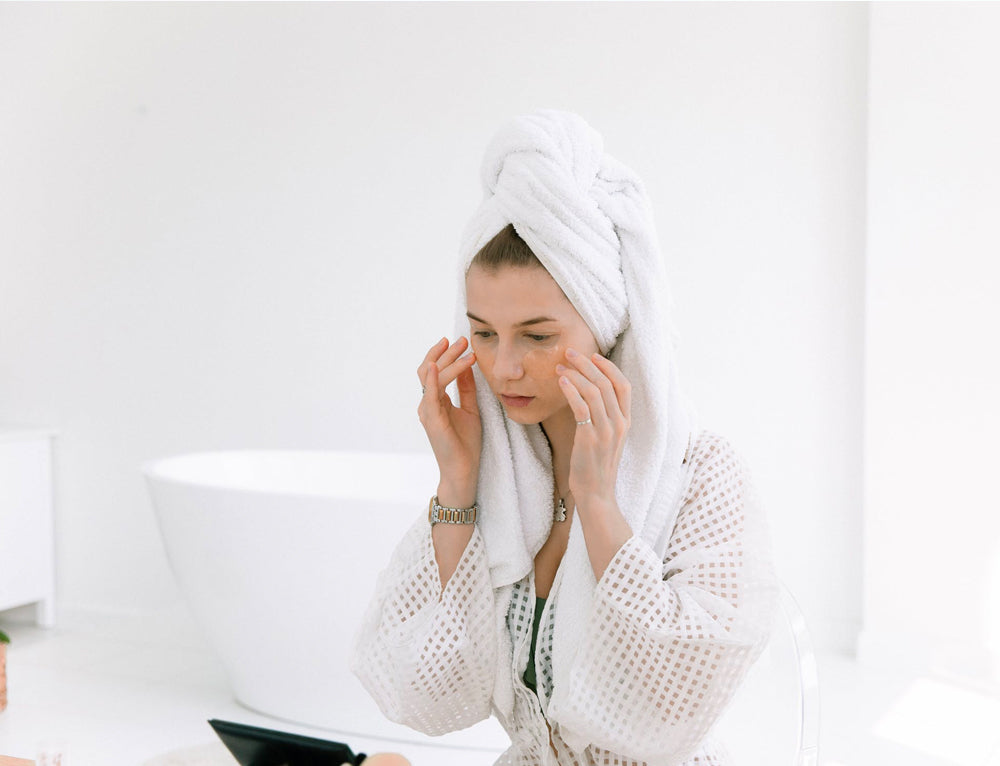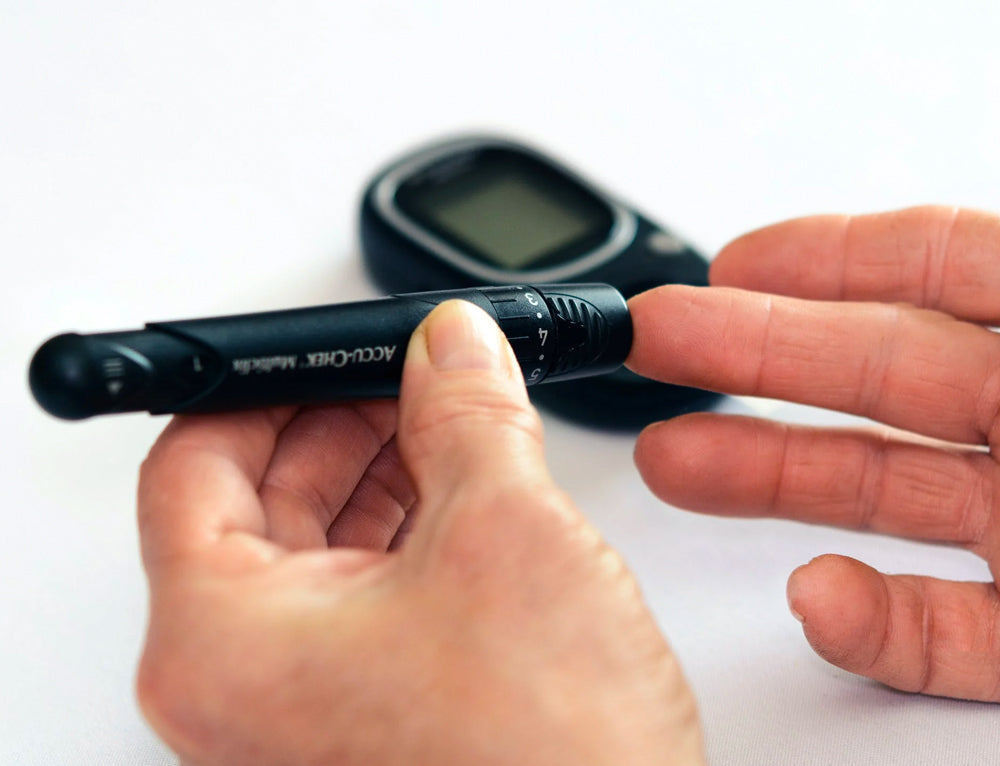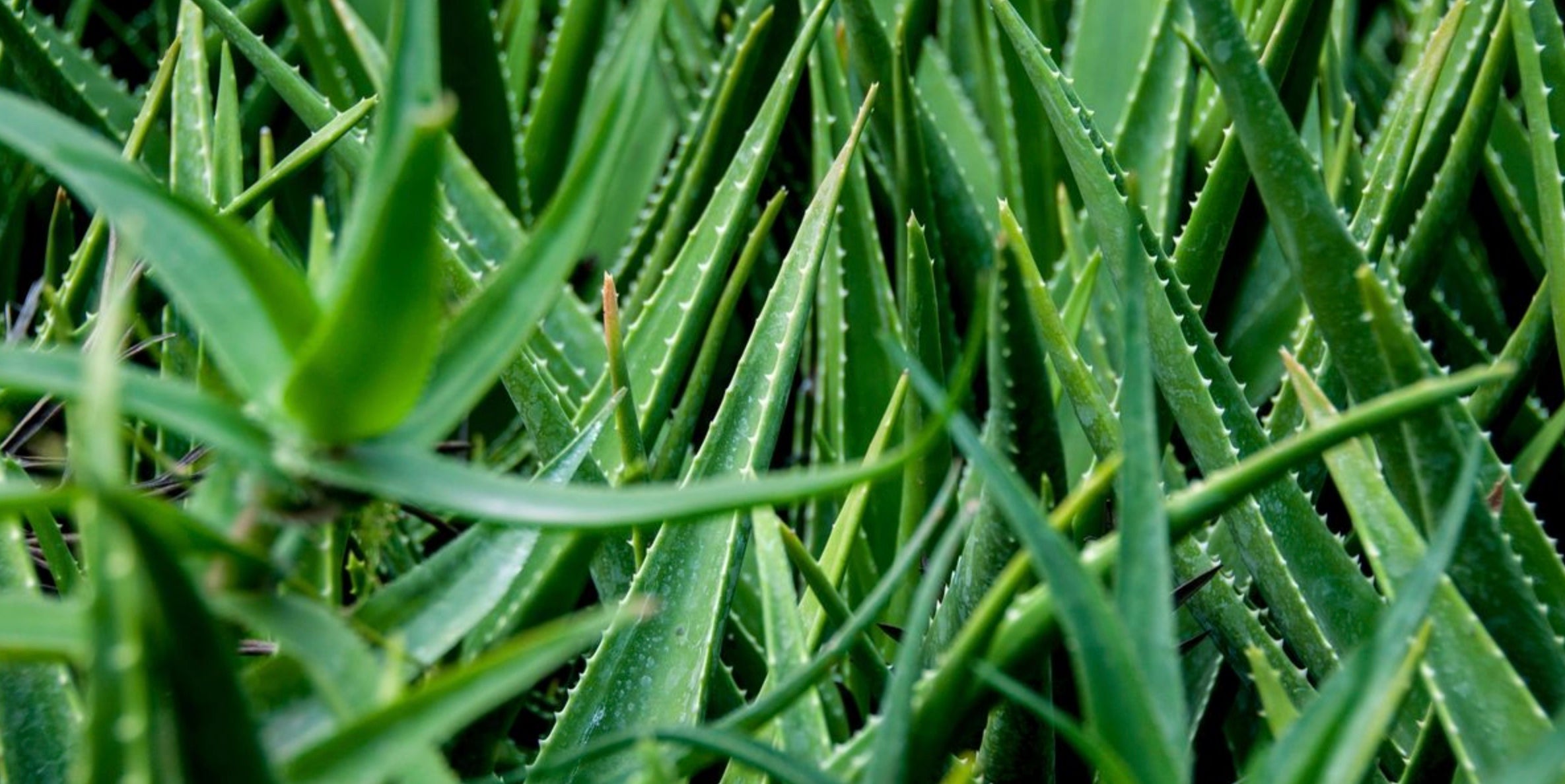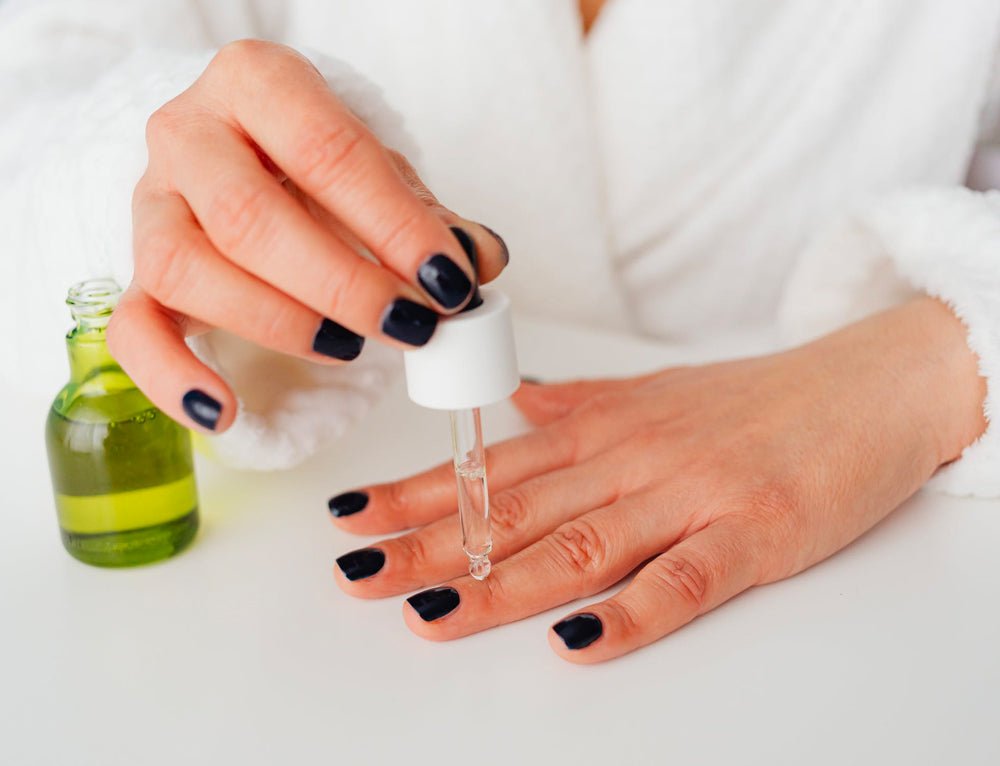Dietary Aloe Vera Supplementation Improves Wrinkles & Elasticity

No studies have yet been undertaken to determine the effect of aloe vera supplementation on the clinical signs and biochemical changes of aging skin.
OBJECTIVE:
We wanted to determine whether dietary aloe vera gel has anti-aging properties on the skin.
METHODS:
Thirty healthy female subjects over the age of 45 were recruited and they received 2 different doses (low-dose: 1,200 mg/d, high-dose: 3,600 mg/d) of aloe vera supplementation for 90 days. Their baseline status was used as a control. At baseline and at completion of the study, facial wrinkles were measured using a skin replica, and facial elasticity was measured by an in vivo suction skin elasticity meter. Skin samples were taken before and after aloe intake to compare the type I procollagen and matrix metalloproteinase 1 (MMP-1) mRNA levels by performing real-time RT-PCR.
RESULTS:
After aloe gel intake, the facial wrinkles improved significantly (p<0.05) in both groups, and facial elasticity improved in the lower-dose group. In the photoprotected skin, the type I procollagen mRNA levels were increased in both groups, albeit without significance; the MMP-1 mRNA levels were significantly decreased in the higher-dose group. Type I procollagen immunostaining was substantially increased throughout the dermis in both groups.
CONCLUSION:
Aloe gel significantly improves wrinkles and elasticity in photoaged human skin, with an increase in collagen production in the photoprotected skin and a decrease in the collagen-degrading MMP-1 gene expression. However, no dose-response relationship was found between the low-dose and high-dose groups.




